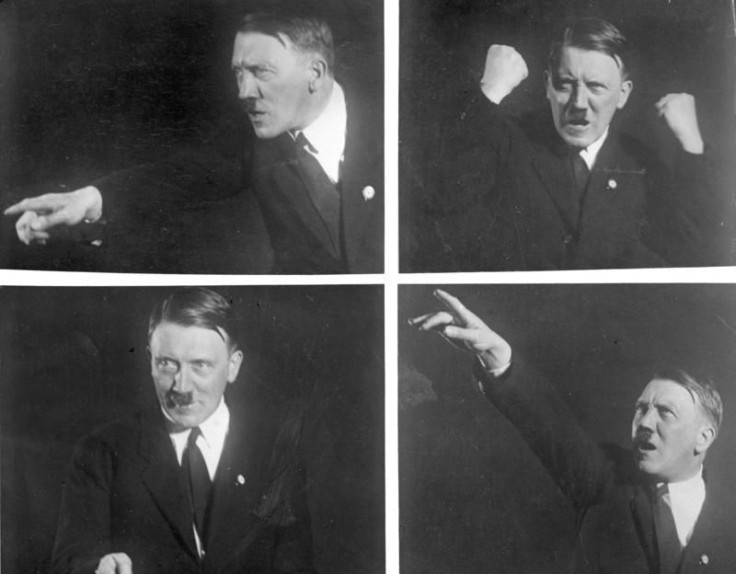'Would You Go Back In Time To Kill Hitler?' A Serious Question For A Study On Moral Dilemmas

"If you could travel back in time, would you kill Adolf Hitler and prevent World War II?" That's the type of question that gets posed over a round of drinks, on Web forums or on social media. It's also the type of question that's perfect for a scientific study. In a new study, researchers found men and women differed in their responses to difficult scenarios.
Responses to moral dilemmas can yield insight into the person providing the answer. It's why researchers love these types of questions and the studies help us understand what makes us human. What we do on a daily basis is the result of a complicated thought process that weighs everything from social norms to potential consequences to likely benefits. It's why some people may find it easier to cheat on a test or in a game because they think it's harmless. There's a reason why the New York Times, Buzzfeed, the New Yorker and countless other sites have articles discussing moral dilemmas. They are endlessly fascinating and when there are thousands of answers, researchers can find some interesting conclusions.
Researchers from Wilfrid Laurier University in Canada, the University of Cologne in Germany and the University of Texas at Austin analyzed responses from 6,100 participants in 40 studies. They wanted to see if men or women preferred deontology -- weighing the right or wrong of a particular action instead of its consequence -- or utilitarianism -- where an action is determined to be right or wrong by the consequence -- in deciding moral dilemmas. It turns out, women are more likely to be deontological than men whereas men where only slightly more likely to be utilitarian than women.
"Women seem to be feeling more equal levels of both emotion and cognition. They seem to be experiencing similar levels of both, so it's more difficult for them to make their choice," lead author Rebecca Friesdorf, of Wilfrid Laurier University, told NPR. Future research could determine if this decision-making process applies to everyday situations. NPR uses the example of a manager weighing the option of firing an employee as a possible moral dilemma. Friesdorf's study -- which included the Hitler question -- was published in the journal Personality and Social Psychology Bulletin.
© Copyright IBTimes 2024. All rights reserved.





















